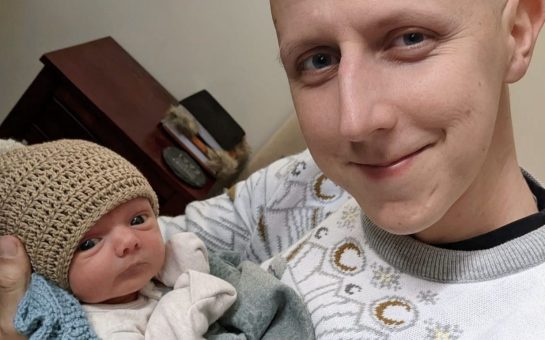A Hyde grandmother who travelled to rural Cambodia to battle childbirth mortality is to make a presentation to the Royal College of Midwives (RCM) in July.
Roughly 2,900 women and girls die each year in Cambodia due to pregnancy-related complications and the government is tackling this by encouraging more women to give birth in hospitals.
Olwen Ogden was visiting the province of Stung Treng – a 12-hour bus ride from capital Phnom Pen – to work with trainee midwives.
The visit was part of the RCM’s Global Midwifery Twinning Project and Olwen, who has been a midwife since 1994, described it as a ‘fantastic experience’.
“I really feel so privileged,” she said. “I would encourage everybody, if they have the opportunity, to do something like that.
“You learn so much about yourself and your own practice bringing such a lot back with you.
“This once in a lifetime experience has made me appreciate the differences between here and there, and how fortunate I am to have been born in the west.”
The project aims to improve midwifery education and practice in Cambodia, Nepal and Uganda, where maternal and perinatal mortality rates are high.
In Cambodia there are six midwives per 1,000 live births and 80% of the population lives in rural areas, where only 20% of births are attended by skilled professionals.
However the necessary input of resources faces a huge skill gap, after two million educated people were killed in the 1970s genocide, under Pol Pot’s communist rule.
“The poverty is very evident all around,” Olwen added.
“Most of the housing en-route was little more than what can be described as a garden shed, with no electricity or running water.
“There are not many old knowledgeable people in Cambodia because they were killed by the Khmer Rouge.
“This further disadvantages the country as there’s nobody to pass on any knowledge or draw on their experiences.”
Olwen, who works at Tameside Hospital, will write a 10,000-word report on her findings, on which her presentation to the RCM will be based.
For more on this story and many others, follow Mancunian Matters on Twitter and Facebook.



